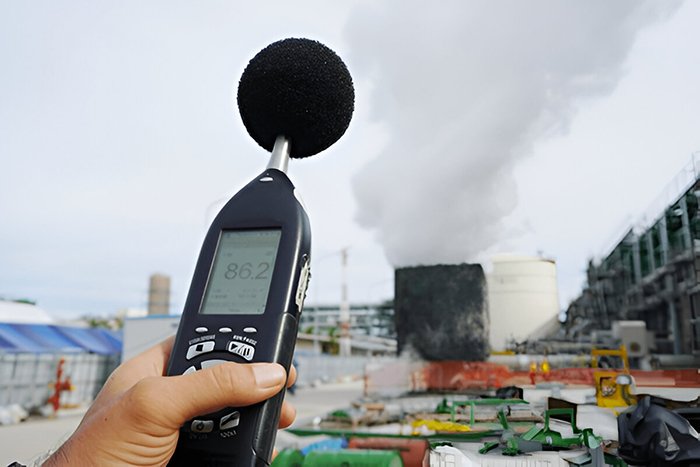Noise Monitoring in Chemical Oceanography focuses on analyzing and managing underwater acoustic pollution caused by marine traffic, industrial activities, and natural sources. The monitoring of underwater noise is crucial in understanding its effects on marine life, ecosystems, and human activities.
At GISMappers, we employ hydrophones, satellite-based acoustic monitoring, and advanced GIS technology to detect and analyze underwater noise pollution. Our research helps in marine conservation, policy-making, and industrial noise management.


GISMappers provides advanced underwater noise monitoring solutions using hydroacoustic technology, satellite data, and AI-driven analytics. Our work contributes to sustainable ocean management, marine life protection, and noise pollution reduction strategies.
© Copyright 2025. All Rights Reserved by GISMappers Saudi Arabia